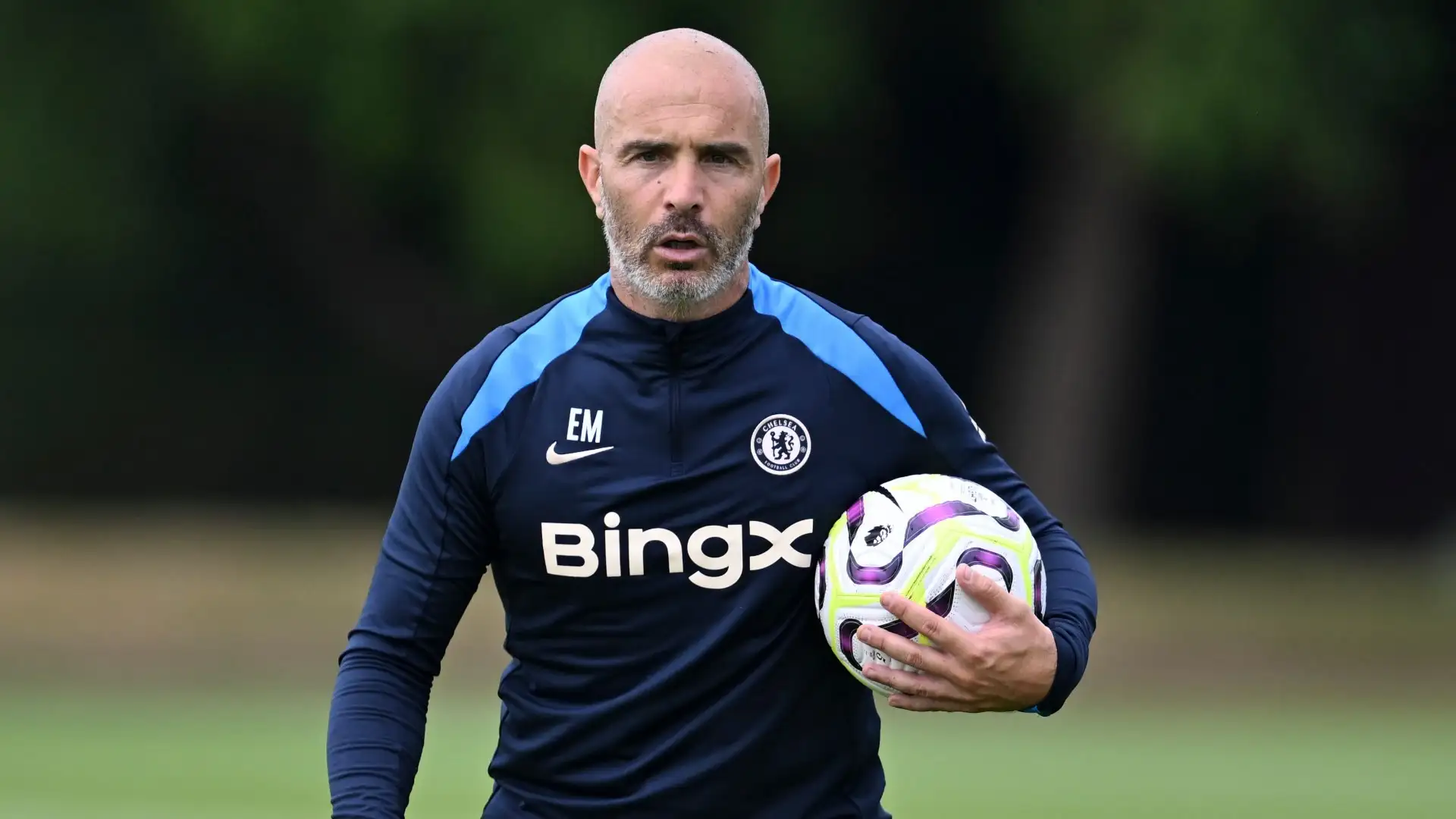Enzo Maresca, Chelsea’s head coach, has provided insight into the club’s controversial decision to sell Conor Gallagher to Atletico Madrid for £33 million. The move, which has drawn criticism from fans and experts alike, is a strategic response to the financial regulations imposed by the Premier League. These regulations, aimed at ensuring the financial sustainability of clubs, have significantly influenced Chelsea’s transfer decisions under their new ownership.
Since Chelsea’s new owners took over in 2021, the club has invested over £1 billion in new signings, an expenditure that has inevitably put pressure on their financial stability. The Premier League’s profit and sustainability (PSR) rules require clubs to manage their finances prudently and avoid excessive losses over a rolling three-year period. In this context, selling players like Conor Gallagher, a product of Chelsea’s esteemed academy, becomes a necessary strategy to balance the books.
Gallagher’s imminent move to Atletico Madrid has been met with considerable scrutiny. As a home-grown talent who has shown promise and potential, his departure strikes a chord with fans who value the development and retention of academy graduates. However, as Maresca explained, the sale of academy players like Gallagher is crucial for the club’s financial health. “Their transfer fees are considered ‘pure profit,’ which is essential for balancing our accounts,” Maresca stated. This accounting treatment makes academy players particularly valuable assets in the club’s financial strategy.
This approach, while financially sound, has raised concerns among supporters who fear that the club’s focus on financial regulations could undermine its tradition of nurturing home-grown talent. Maresca acknowledged these concerns and expressed his desire for regulatory changes that would allow clubs to retain young talent for longer periods. “Our goal isn’t to sell academy players,” he said. “We need rules that protect young players and enable us to keep them at the club longer.”
Maresca drew a parallel with Italian football to illustrate his point, citing Francesco Totti’s long-term commitment to AS Roma as an example of what football fans cherish. “Fans appreciate players who remain with one club throughout their careers,” Maresca reflected. “In Italy, we have such examples, and it’s something fans want to see more of. Unfortunately, the current Premier League rules make it challenging to retain academy players.”
The rationale behind Gallagher’s sale also sheds light on the departures of other academy products, such as Mason Mount, who recently joined Manchester United. These sales are part of a broader strategy to comply with the Premier League’s financial regulations while managing the club’s substantial investments in new signings.
Chelsea’s financial strategy underlines the balancing act that clubs must perform to remain competitive both on and off the pitch. While the influx of new talent strengthens the squad, it also necessitates careful financial planning to meet regulatory requirements. The sale of academy players, despite its emotional and developmental implications, becomes a practical solution in this complex equation.
The club’s focus on financial sustainability is not unique to Chelsea; it reflects a broader trend in football where financial regulations increasingly influence transfer strategies. The PSR rules aim to prevent financial mismanagement and ensure the long-term viability of clubs. However, they also pose challenges, particularly for clubs with rich traditions of developing and retaining home-grown talent.
Maresca’s comments highlight the delicate balance Chelsea must strike between financial prudence and maintaining their identity as a club that nurtures young players. The sale of Gallagher, while a blow to fans who hoped to see him flourish at Stamford Bridge, is a testament to the tough decisions that financial regulations impose on clubs.
Looking ahead, the club’s strategy will likely continue to evolve as they navigate these financial constraints. The hope is that regulatory changes may eventually allow for a more balanced approach, where financial sustainability does not come at the expense of nurturing home-grown talent.
In conclusion, the sale of Conor Gallagher to Atletico Madrid exemplifies the financial strategies Chelsea must employ to comply with Premier League regulations. While these decisions are driven by the need to balance the books, they also highlight the challenges clubs face in retaining academy players. As Chelsea adapts to these financial realities, the club’s commitment to fostering young talent will remain a core aspect of its identity, albeit within the constraints of a complex financial landscape.
ALSO READ:Chelsea’s Marc Guiu Contemplates Loan Move Amid Pre-Season Challenges


